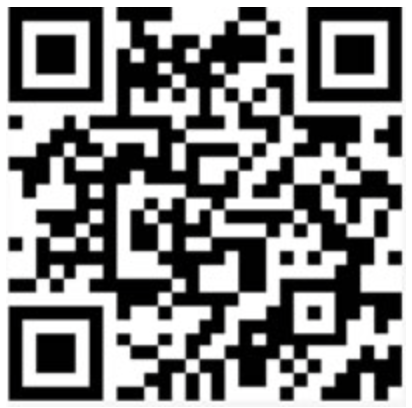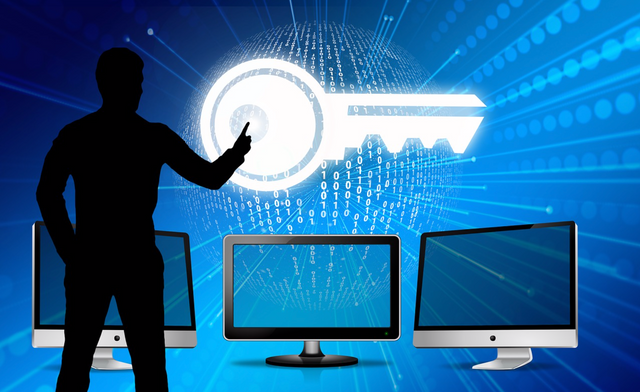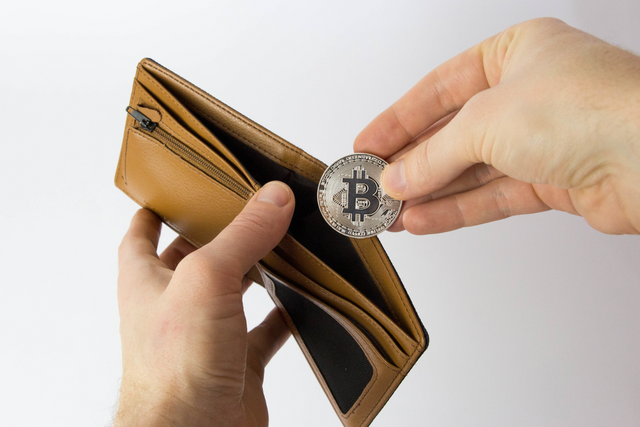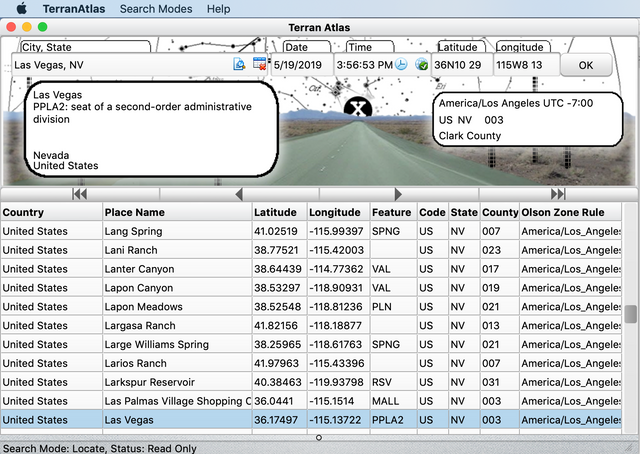Can Copyright Law Defeat the Technocratic Surveillance State? Drive a Hard Bargain because your Personal Data is your Prosperity
I’ve been thinking about this issue for a long time because I’ve suffered from intellectual property theft and have hired lawyers in the past over issues with others copying my work on the web by using the DMCA Clinton signed into law in the late 1990’s. Now I’m looking at it from a different angle that favors individual rights over corporate domination. This legal avenue probably won’t help those who voluntarily surrender their rights for mere social media trinkets. I opted out of Facebook and Twitter and that’s what you’ll have to do if you want to have any privacy whatsoever.
The occasion for this post is the result of the battery swelling on my Android phone and visiting Verizon to see what that was about. I’ve long known about the attacks and lack of privacy of such devices and so I’ve had a habit of keeping very little info on it. I might consider getting a cloak phone if it comes out, but otherwise I plan on going back to a cell phone when my Android dies. I pretty much only use it to check cryptocurrency prices and for Google Authenticator. I’ve just ordered a Yubico which is a more secure option which will make the old 2FA apps obsolete (as far as I’m concerned).
There were only two people at Verizon, the service rep and a middle aged lady. I asked about taking the battery out of the Android and apparently this is impossible. I used to have the habit of doing this with my cell phones, then somewhere along the way I noticed that it was getting harder to find models with removable batteries. Now ask yourself why that is. Seems to me more wasteful to be forced to throw away an entire device just because of battery failure. Planned obsolescence? Or is this the surveillance state making back room deals to force their human cattle to remain plugged in for surveillance at all times? Well, micro faraday cages may be the next step.
The lady seemed to surmise my concerns about privacy (probably noting the black electrical tape over both cameras). She asked “what are you trying to hide?”. I said “everything”. She didn’t make a good impression on me at first, but either my forthrightness or my scary countenance changed her attitude (I look like someone you’d never want to meet in a dark alley; a former superheavyweight power lifter (6’4” 328 lbs at my peak), but considerably slimmer now, like Lou Ferrigno is now at retirement age). I didn’t go into all the reasons why, but it got me thinking about the other side of the question which instead of privacy, involved financial exploitation.
You’ve probably heard the phrase from Capital One: “what’s in your wallet?”. None of your damned business is my attitude about it (and if you want to know, I will extract a heavy price for that information). That’s what they want to know because knowledge is power and giving away too much puts you at an extreme disadvantage. Information has become practically the most important commodity in the world now. The ruling elites already have it all. What more can they own? Well, it turns out that they want to buy and own you next. And that comes in the form of all of the digital information that you put out there every day, from geolocation data on your Android that tracks and even predicts future movements, to building a psychological profile, social credit scores, threat scores, etc…
There was a recent case where Woody Harrelson’s digital image was stolen by law enforcement and used to catch a beer thief. In the past, I seem to recall that some famous person sued over the use of their image due to violation of some sort of trademark or copyright issue and I wonder if Woody would have a case here that is pursuable. Now we know that copyright cannot be used in the case of protecting raw “facts”. If this was the case, courts could be restricted from finding truth because some corporation “owns” a particular fact. I was closely connected to such a case in 2011 over my software because Astrolabe claimed that they owned time zone information in the case Astrolabe v Olson.
Raw facts cannot be protected in this way, but what happens when information creates a unique “digital fingerprint”? Is this not the unique aggregation of data that is protected by copyright? Facts or ideas themselves cannot be protected, but the form of that data should be protectable and if that data is of a person, then the natural owner of that data should have control of that digital fingerprint. Failure to own this data will make you a slave to anyone who does own this data. I’m not aware of any case pursuing this avenue at the current time.
Why is this important? In any financial negotiation (picture dealing with a car sales clerk) the less information you give the better. They might ask “how much are you willing to spend?” and if you answered with a value, then you just told them how much they can take you for and they will work to increase the margin of the cost against your upper value to profit themselves the most. They will work to get rid of the items in their lot that they’ve had the hardest time selling, which means you’re more likely to get a lemon. The correct answer should be ”it depends upon how much what you’re offering is worth”. This keeps the dealer in the dark as to what you’re willing to part with. Lack of information forces them to stick more to the value of what they are offering and less on you and your psychological weaknesses. You should be the one asking the questions, not the other way around.
It’s the same way with any parasite or middleman. Those not offering true value tend to use information against you.
So if someone asks what your hiding, tell them that you want to make them pay for it, instead of stealing that information and using it against you. Just as bitcoin has become a “content type”, your information is now money that you’re just allowing corporations and governments to steal with impunity. That information is worth a great deal to authorities and you’re just giving it away to them. Don’t be such a fool and learn to drive a hard bargain.

3FwxQsa7gmQ7c1GXJyvDTqmT6CM3mMEgcv




Curated for #informationwar (by @wakeupnd)
Ways you can help the @informationwar!
That's the art of the deal in negotiating to keep them in the dark to ask the questions to them as opposed to them asking you, AKA being on the offensive, not the defensive, I agree with this, like you said.
Enforcing Copyrights
I have so many questions. First in regards to patents, copyrights. I have been thinking about these things since the early 2000's. I've been writing about these things for years. My first question would be about the extent to what might be copyrighted and patented and protected and everything.
React
For example, the YouTube React Channel went to copyright or patent or protect that one word, "REACT," as that is the name of their channel. Pew Die Pie talked about this. It makes you wonder whether they would go after people who may use that one word, REACT, in the title of a YouTube video or in other places. That is one example. Then I would bring up how they are banning memes in Europe. The Hitler Dog Man went to jail. I know, these things might be a bit off-topic. I get that.
Enforcing Copyrights
Specifically, I would ask about how copyrights would be enforced, as in to what extent. Beyond that, it may depend on the government. If the government became too big, too tyrannical, then copyright enforcement could become a problem.
Disney
I've read that Walt Disney stole art from his partner. Disney went on to copyright it. Assuming that is true, then this would be evidence of how copyrights can steal things from the real creators. I really want to shrink government. But if government has to run around excessively enforcing copyrights, then governments has a higher probability of becoming a tyranny, an authoritarian 1984 state. I'm against copyrights because it's very dangerous. I'm not against the hypothetical theory of how copyrights can protect us and save us in a perfect utopia world. But in the real world, things are not always that black and white and there are so many variables and everything.
YouTube
Two of my channels were banned off YouTube. So, I lost hundreds of hours of videos. It was actually thousands of videos that dates back to 1996, back to when I was eleven years old. My videos were protected under fair use. A few of my videos had background music as I was teaching English at McDonald's in Vietnam for 5 years, 2012-2017. I didn't realize there was music in my video until I listened back to it. So, I was punished for a few videos. They should have simply removed those videos. Instead, they removed all of my videos, all in the name of alleged copyright claims. I've also been censored and banned on Twitter and Facebook and other places too over the years, many times.
As copyright law currently stands, such protection is usually applied to the content that creators make. The question is whether one should be able to own their own data. I would say that data as facts, no, but data as a form of signature (even if developed by someone other than the user) should first be owned by the individual and that user has the highest authority over that signature. Without it, all property rights are moot because you can no longer own yourselves. This is already the case if you have a social security number in the USA (you are no longer sovereign and have no right to property that the state disapproves of). This fact is why taxation exists and what allows it to be legal.
So there would have to be a new precedence set for the inclusion of "digital signatures" that form predictive models. Individuals should be allowed to charge a fee for their information and have an absolute right to opt out of such data collection that forms a "signature". Of course I see an uphill battle over this and no realistic chance for change here. I just posted this angle because it's one I hadn't thought of before when asked "what are you hiding?". The only real way out of the digital panopticon at this point is through use of non-sovereign decentralized cryptocurrencies (like bitcoin).
But to what extent? If I quote you, is that ok? But what if you copyrighted that quote? If I made a documentary about copyrighted art, then is that fair use or am I not allowed to show art in my movie if it was copyrighted, that is without written consent? I can ask questions all day about the grey areas.
Yes, I would favor cryptocurrency systems that can help like you said.
I favor ownership rights of physical items. However, can you really own a picture of an item? For example, I own my car. If you take a photograph of my car with your camera, can I legally take that photo from you? Now, maybe if you were on my private land, I could build a case on your trespassing on my land, my property. I'm not even too sure what I would prefer the judge to do in a case like that.
But I would compare digital data to physical photographs. In some ways, data is like a picture. Specifically, it is true, if you want to be technical, that data is physical in that it is electricity that can be stored on a computer, a hard drive, a server. So, a picture can be saved on a file on my computer. That file may be on Facebook servers. Wait, scratch that. Facebook is a bad example maybe. But you get my point that a file can be saved all over the place. Search engines may be saving those files in the cache, the RAM, all over. If your computer has a copyrighted file in temporary storage, like in the RAM, cache, in the HDD, or wherever, is that a violation of copyright?
I would argue that all of the Internet is like a public square, a town square, because it's a big mess. There is so much Internet traffic of data packages being exchanged back and forth. There is also the violation of the fourth amendment. Facebook continues to collect data from people who delete their Facebook and from people who are not even on Facebook via Face Recognition Software which is also used in China for stopping people from travel if the government does not like them. Again, I know the Facebook topic is a big topic. But I'm just trying to say that privacy is already being violated by Facebook, Google, Microsoft, Apple, Amazon, etc. So many things are happening. So many things that we are not aware of yet.
Coincidence
If I come up with the same idea that you do at the same time and we both go to copyright that idea independently, who gets the copyright? If you copyright and I don't, should I go to jail or can I plead that I didn't know that it was copyrighted? Can slogans and mottos be copyrighted? I like to say "With Oatmeal in my Bowl, is Jesus in your Soul?" I've been writing and saying that since 2004 but I didn't copyright it. So, if somebody goes to copyright it in 2019, that is fifteen years later, will I have to pay a fine for using something that was copyrighted until fifteen years into the future? I can seriously ask these types of questions all day.
Cryptocurrencies
But I agree with what you said about cryptocurrencies in helping with some of this or all of these types of things. I am against taxes. I would rather the government have fundraisers to raise support.
I am not a lawyer, but I do know that current law exempts such cases as fair use if money isn't involved.
This was Thomas Jefferson's argument that all information should not be "owned". However, he lost that argument (I believe to John Adams) in favor of the idea of "intellectual property". History went down the latter path, so yes one can own a picture of an item. Because of technology, we are going down a very slippery path in regard to finance and information. Bitcoin has proven that they can be woven into one and become a singularity. This development is likely to steamroll over current case law in the near future.
I quote people on Steemit. Some people have written that they are going after me for quoting them. Money is involved, AKA Steem Money. I don't have much money for a good lawyer that could defend me. I believe in what I do but I could still lose in future court cases, battles.
Nobody really owns Bitcoin. Instead, we have keys that give us access to pieces of that Bitcoin pie based off how much we have. And yet, we don't really have Bitcoin in a literal sense. But I like how Bitcoin works and I hope we can all stop U.S. government from trying to stop and regulate Bitcoin excessively or at all even.
Congratulations @zoidsoft! You have completed the following achievement on the Steem blockchain and have been rewarded with new badge(s) :
You can view your badges on your Steem Board and compare to others on the Steem Ranking
If you no longer want to receive notifications, reply to this comment with the word
STOPVote for @Steemitboard as a witness to get one more award and increased upvotes!